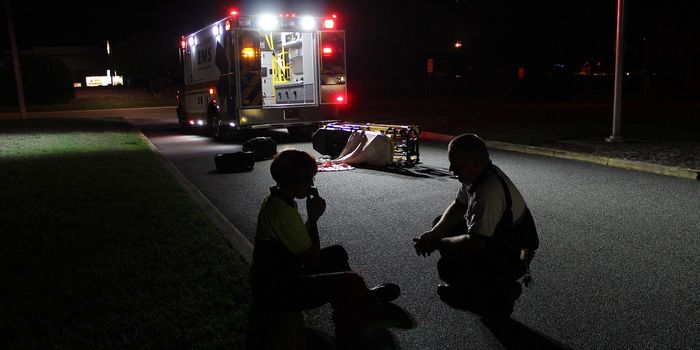Can Cannabis Treat Epilepsy?
There has been growing interest in recent years for cannabis to treat central nervous system disorders. And so far, there is reasonable evidence to suggest that cannabidiol (CBD), a nonpsychoactive compound found in cannabis, is largely effective in reducing symptoms of epilepsy.
One such piece of evidence comes from a randomized clinical trial conducted in 2017 on Epidolex, an oral CBD solution, on children aged between 2 and 18 with Dravet Syndrome, a childhood-onset version of epilepsy that is especially difficult to control with available therapies. Including 120 participants, each received either 20mg of CBD per kilogram of body weight in addition to their standard drug regimes or a placebo. All in all, participants using CBD saw their monthly seizures reduce 39%, as opposed to 13% in the placebo group.
A further study conducted in 2018 included 225 patients aged between 2 and 55 across 30 centers with Lennox-Gastaut syndrome, a severe form of childhood-onset epilepsy. From this study, researchers found that patients who received 20mg of CBD per kilogram of body weight had 42% fewer seizures. Meanwhile, those on 10mg per kilogram of body weight saw a reduction of 37% in seizure frequency, whereas those on placebos saw a reduction of 17%.
These results were once again echoed in a study conducted in 2018 between the Netherlands, US, and Poland on 171 patients also aged between 2 and 5 with Lennox-Gastaut Syndrome. In this case, researchers found that patients receiving 20mg of CBD per kilogram of body weight alongside their existing drug regimes saw an average reduction of monthly seizures of 44% compared to 22% for those receiving a placebo.
Also of note is that patients taking CBD across these studies noted improvements in their mood, sleep quality, and cognitive abilities. They also regularly noted having an increased appetite. As such, it comes as little surprise that Epidolex was approved by the FDA in 2018 to treat those aged two and above for epilepsy caused by Lennox-Gastaut or Dravet syndrome.
That said, while CBD may hail benefits for many, other research has shown that its effects are not universal. While some surveys suggest that the cannabinoid can reduce seizures by up to 50%, others report no reduction. Some have even reported an increase in seizures following CBD usage.
As such, while CBD seems to have positive effects on many with epilepsy, it should not be considered a silver bullet- especially as even in those in which it has an effect, seizures are still experienced. To better understand why this is the case and how to perhaps improve the effects of CBD on the condition, further research is needed to understand the mechanisms of CBD in the brain, epilepsy, and how the two interact.









